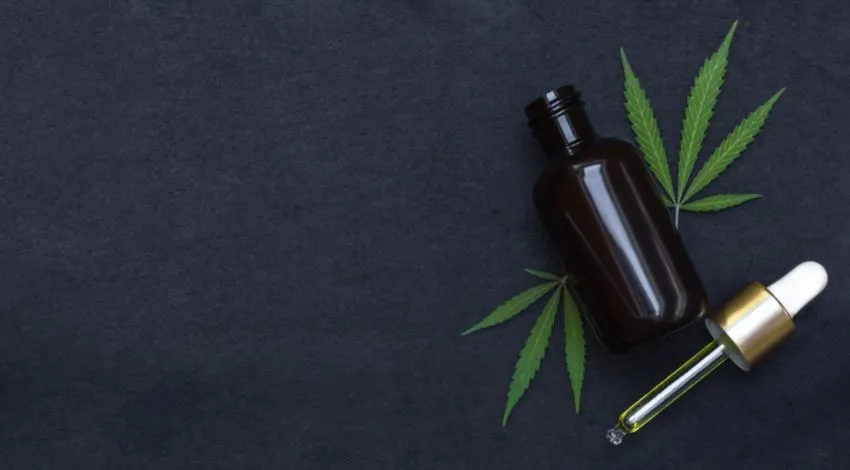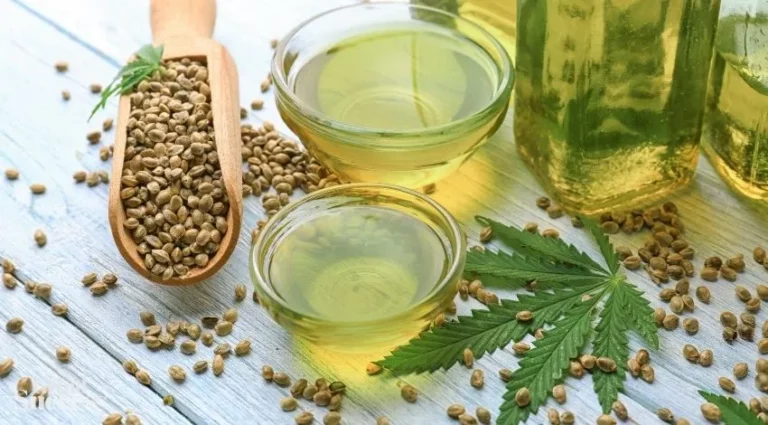Demystifying The Role of CBD in the Industry

CBD is making headlines everywhere for its considerable power to improve quality of life and health.
Most people associate cannabis with THC-rich strains that are both illegal and have psychoactive effects on the user’s cognition;
However, since the early 2010s, not only has there been significant research on the various uses of the cannabis plant, but data from various studies have discovered numerous benefits of incorporating specific endocannabinoid compounds.
People are using various cannabis products such as THC vape, gummies, oil, and more for desired effects.
CBD Explained
CBD is one of the several chemical components present in the cannabis plant (cannabinoids). Most people mistake the entire cannabis plant for THC, or delta-9 tetrahydrocannabinol, nicknamed Marijuana, Pot, Weed, and so on, due to decades of pragmatic cannabis prohibition.
THC is merely one of over 100 active chemicals in the cannabis plant; CBD is a separate substance with a different mode of action than THC; check out new Delta-8 products.
CBD stops FAAH from breaking down anandamide and boosts cell communication through the Endogenous Cannabinoid System, resulting in a slew of health and wellness advantages. CBD can be a natural mood booster without having the same euphoric effects as THC because of this.
According to studies, regulated CBD regimes improve the Mind-Body connection by stimulating neurogenesis (the formation of new brain cells), increasing neural plasticity (the connections between brain cells), and speeding up learning and pattern recognition, all of which are necessary for change adaptation, cognitive and emotional intelligence, and creativity.
Does CBD get you High?
The short answer is no; it signals the body to utilize its endocannabinoids more effectively; there are no psychoactive effects or “highs” associated with CBD consumption.
CBD Legality
Hemp is a cannabis plant whose seeds and stalks are harvested for commercial purposes. Any form of cannabis with 0.03 percent THC is designated as “industrial hemp” under the 2014 Farm Bill, making CBD obtained from such sources legal under federal law.
CBD oil made from Industrial Hemp is now legal in all fifty states as of August 2018. There is a difference between CBD blends obtained from medical marijuana plants, which DO CONTAIN THC and CBD blends made from industrial hemp plants, which DO NOT CONTAIN THC.
CBD and Urine Tests
THC metabolites in urine focus on drug tests meant to detect marijuana use. Because CBD produces a completely distinct metabolite, there should be no THC in the test, but this depends on how meticulously the manufacturer refined the product.
The good news is that, as the business becomes more refined due to its growing popularity, most companies now guarantee that their products contain trace levels of THC (less than 0.03 percent) to 0.00 percent THC, making the chances of a positive test small to none.
We can get CBD oil that is 100% THC-free if you’re worried about passing a urine test. However, before you add CBD to your routine, you should consult with your employer. We cannot guarantee that you will pass a drug test even though the product is below the federal limit of 0.3 percent.
Cannabidiol is a psychoactive substance.
The presence of greater levels of the psychoactive chemical Tetrahydrocannabinol, or THC, causes a high sensation. The hemp plant containing less than 0.3 percent THC is typically used to make cannabidiol.
Hemp-based products cannot be intoxicating unless they have a high concentration of THC. On the other hand, Hemp leaf extract is recognized to have a therapeutic effect on both the body and the psyche.
Hemp leaf extract can help soothe and relieve anxiety and mood swings, and many long-term users have noticed improvements in their mental health.
As a result, Hemp leaf extract-based treatment is frequently used as a gentle, non-invasive way to benefit from Hemp leaf extract’s medicinal capabilities without the risk of severe side effects.
Considerations
CBD provides numerous advantages that most people can take advantage of, but exceptions exist. Most of the research or studies on CBD oil and pain have been done on adults.
People thinking about utilizing CBD oil should talk to their doctors about it. Doctors will want to monitor the patient for any changes and make necessary adjustments.
Because there is insufficient data on the effects of CBD oil on a child’s growing brain, experts do not advocate it for usage in youngsters.
If a parent believes their child requires CBD oil for seizures, they should visit a doctor. If you are pregnant, try not to use CBD oil or breastfeeding; mixing it with other drugs may make them more or less effective.
Is CBD safe?
Nausea, tiredness, and irritability are some of CBD’s side effects. CBD, like grapefruit juice, can increase the quantity of the blood thinner coumadin in your bloodstream and the measures of a few different drugs.
CBD is generally promoted and sold as an enhancement rather than a prescription, raising extreme well-being concerns. As far as security and quality, dietary enhancements are, as of now, unregulated by the FDA.
Accordingly, you can only rest assured that the item you purchase has dynamic fixings at the portion that the name determines. Some Other unknown substances could be present in the product. We also can’t say the optimal CBD therapeutic dose for any medical problem.
Bottom Line
The government has investigated several CBD manufacturers for promoting baseless claims, such as that CBD is a cancer treatment when it is not. CBD may be a helpful treatment for anxiety, sleeplessness, and chronic pain, but further studies are needed.
It’s impossible, only possible and precisely what you’re getting with CBD because it’s advertised as an unregulated supplement. We can only predict unhelpful quantities made with high-quality data from a human study.
If you decide to take CBD, check with your doctor first to ensure it won’t conflict with any other medications you’re on.






